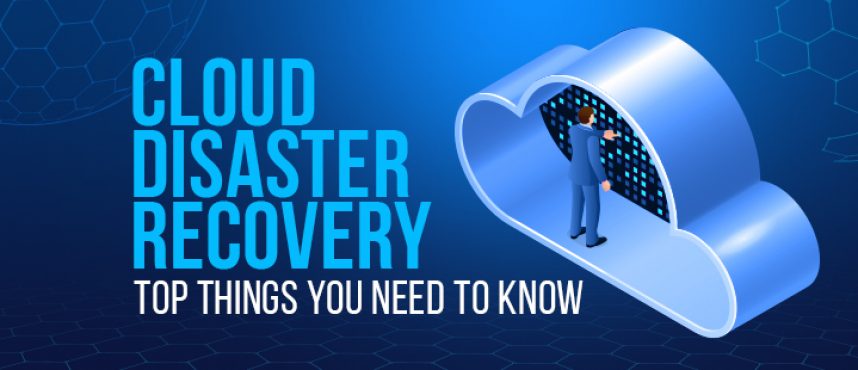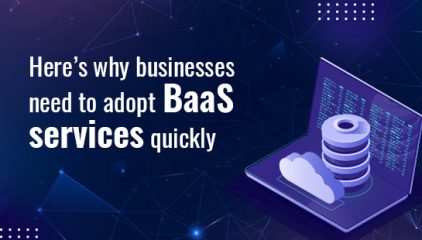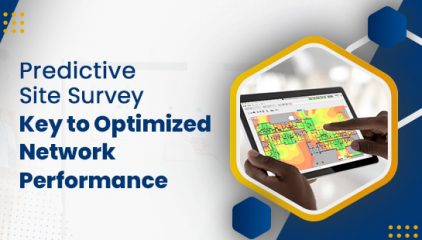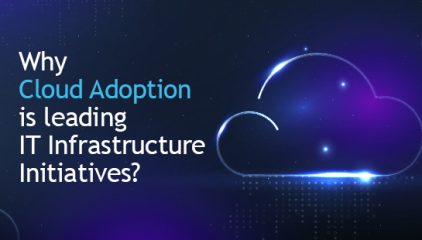Cloud Disaster Recovery: Top Things You Need to Know
Data is an asset for businesses these days, irrespective of the age, category or size of a venture.
It is the currency on which the global corporate sector relies on.
A business that doesn’t make the best use of all the business-critical data it and its clients generate will not be able to remain in the long haul.
With that stated it is easy to see why business owners spend a lot of resources and time on ensuring that their company data is safe and secure.
One of the best ways to keep business-critical data safe in this age is making a Could Disaster Recovery of your data.
What is cloud disaster recovery?
Cloud Disaster Recovery or better known as CDR is a managed service that relies on cloud computing technology.
It is a pay-as-you-use service offered by revered providers of cloud backup services in Mumbai or in any other city in the world.
The goal of this service is to allow a business owner to recover the business-critical data of their venture after the firm has been subjected to a natural calamity that resulted in the loss of all its locally stored data.
Why Cloud disaster recovery solution is important?
CDR allows a business to store its business-critical data in remote and secure cloud networks so that the firm can bounce back and commence its activities as soon as possible to keep losses minimal.
Natural calamities do not discriminate.
Take for instance the July 2005, Mumbai floods. During the aftermath of this unprecedented event, a lot of businesses had to close up shop for good as they lost all of their business-critical data to the floodwaters.
There is no guarantee that such an event won’t happen in the near future – no thanks to climate change.
Hence, a business owner needs to avail the services offered by providers of services like cloud backup for business in Mumbai as soon as they can.
You see, loss of data not only holds all business-critical operations of a company on hold indefinitely which leads to huge monetary losses but at the same time, it also compels the clients of the company to lose their faith in the brand.
When a business loses the faith of its customers, it is natural for the brand to lose a lot of money in the process as its customers would now head over to its rivals to buy competing products or subscribe to competing services.
To keep all of the above at bay and to make a business future-proof, company owners need to invest in CDR services without second-guessing their decision!
What is the process of cloud disaster recovery?
Revered providers of cloud assessment services in Mumbai take the following steps to make the process of CDR a seamless one for their clients –
- The CDR service provider would first come up with an effective cloud-based disaster recovery plan that is unique to the needs of its clients.
- The CDR service provider would then proceed to perform a data risk assessment of its client.
- The next step is to conduct a business impact analysis in case the client is subjected to a natural calamity where it will lose its data to the event.
- The penultimate step is to choose the right set of prevention, preparedness, response, and recovery measures that would allow seamless cloud disaster recovery and
- The final step is to test and update the cloud-based disaster recovery plan for the best results.
What makes cloud computing disaster recovery different from traditional disaster recovery?
Traditional disaster recovery comprises of setting up a secondary data centre that will be used to store all redundant copies of business-critical data.
A cloud-based DR system on the other hand consists of the following –
- A dedicated facility that will house cloud-based IT infrastructure and maintenance employees.
- Sufficient servers with flexible storage capacities so that the service can be scaled up or scaled down on demand.
- High-speed internet connectivity that would promote seamless remote access to the redundant data centres.
- State-of-the-art IT infrastructure that will include firewalls, latest-generation routers and switches that will support connections between primary and redundant data centres in a bid to provide 24/7 data availability.
It is evident by now that traditional disaster recovery is no match for cloud based disaster recovery services as the latter is more technologically advanced than the former.
Furthermore, cloud-based DR systems can offer a lot of benefits over traditional DR systems and they are discussed in the following sections.
Advantages of cloud disaster recovery
The advantages of CDR are many and some of the most appealing ones are mentioned below –
CDR is known for its flexibility
Cloud-based disaster recovery solutions can allow a business to store and retrieve business-critical data in any location in the world.
Furthermore, cloud-based disaster recovery solutions are automated hence, a business will be able to get back online in no time.
CDR is a reliable solution
Cloud-based disaster recovery solutions are known for their high-reliability factor as a CDR service provider continuously subjects its disaster recovery plans to tests in a bid to remain ready at all times.
CDR is also known for its high-efficiency factor
CDR services can be quickly deployed anywhere in the world as they run on architectures that can adapt to the changing business continuity plans of its users.
CDR services also offer remote access to business owners thus allowing the inclusion of consistency and management simplification into the mix!
CDR is easy to deploy and is known for its cost-efficiency as well
Cloud-based disaster recovery solutions allow a business owner to leverage the expertise and specialized knowledge of CDR service providers.
Furthermore, as business owners would not need to spend a ton of money on hardware/software procurements, they will be able to save a lot of money in the process.
Here are five things to consider while doing a Cloud Disaster Recovery
It is wise to choose a CDR solution but while choosing one, you would need to consider a few things for the best results.
Some of those considerations are as follows –
1. Application Dependency Mapping (ADM)
You would need to make sure that the Application Dependency Mapping aspect of the cloud-based disaster recovery plan offered by the CDR provider has been devised only after taking into consideration about the essential and nonessential business practices needed in your CDR plan.
2. Identify business-critical applications and systems
The CDR plan offered by your preferred CDR service provider should also take into account the data sets that need real-time replication from the ones that don’t need to be replicated in real-time.
3. RPO and RTO
Your business will only benefit when it is backed by a cloud-based disaster recovery plan that has strong –
- Recovery Time Objectives (RTO) and
- Recovery Point Objectives (RPO).
You would need to make sure that your CDR service provider is taking into consideration how long can your company remain afloat without its business-critical data and how much data loss can it sustain before it suffers losses.
4. Steps to maximize ROI of CDR
You would only be able to obtain the maximum ROI from the CDR plan offered by your preferred CDR service provider when you, as the business owner, are clear about why you want to adopt cloud-based disaster recovery services, in the first place.
5. Testing the CDR plan
As soon as your preferred CDR service provider comes up with a CDR plan, you would need to ask the service provider to put the plan to test.
In this way, both you and your preferred service provider will be able to ensure that the DR policies chosen are effective and efficient.
Conclusion
For more details in this matter, consult with the experts at Network Techlab – the leading provider of cloud backup services in Mumbai for the better part of 25 years! The company is ISO 27001:2013 certified and has a pan-India presence. For more details about the firm’s cloud solutions call +91-8879004536or send an email at info@netlabindia.com today!







